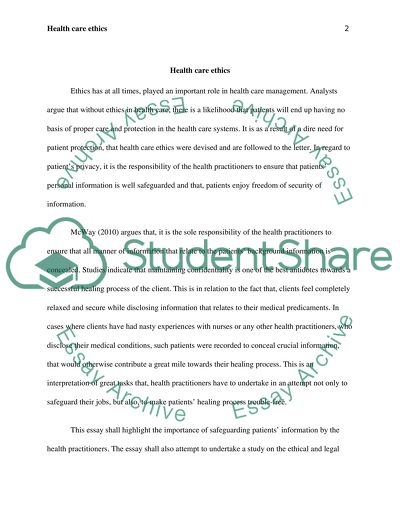Cite this document
(“Health Care Ethics Essay Example | Topics and Well Written Essays - 2000 words”, n.d.)
Health Care Ethics Essay Example | Topics and Well Written Essays - 2000 words. Retrieved from https://studentshare.org/philosophy/1440409-ethical-issue-paper-health-care-ethics
Health Care Ethics Essay Example | Topics and Well Written Essays - 2000 words. Retrieved from https://studentshare.org/philosophy/1440409-ethical-issue-paper-health-care-ethics
(Health Care Ethics Essay Example | Topics and Well Written Essays - 2000 Words)
Health Care Ethics Essay Example | Topics and Well Written Essays - 2000 Words. https://studentshare.org/philosophy/1440409-ethical-issue-paper-health-care-ethics.
Health Care Ethics Essay Example | Topics and Well Written Essays - 2000 Words. https://studentshare.org/philosophy/1440409-ethical-issue-paper-health-care-ethics.
“Health Care Ethics Essay Example | Topics and Well Written Essays - 2000 Words”, n.d. https://studentshare.org/philosophy/1440409-ethical-issue-paper-health-care-ethics.


